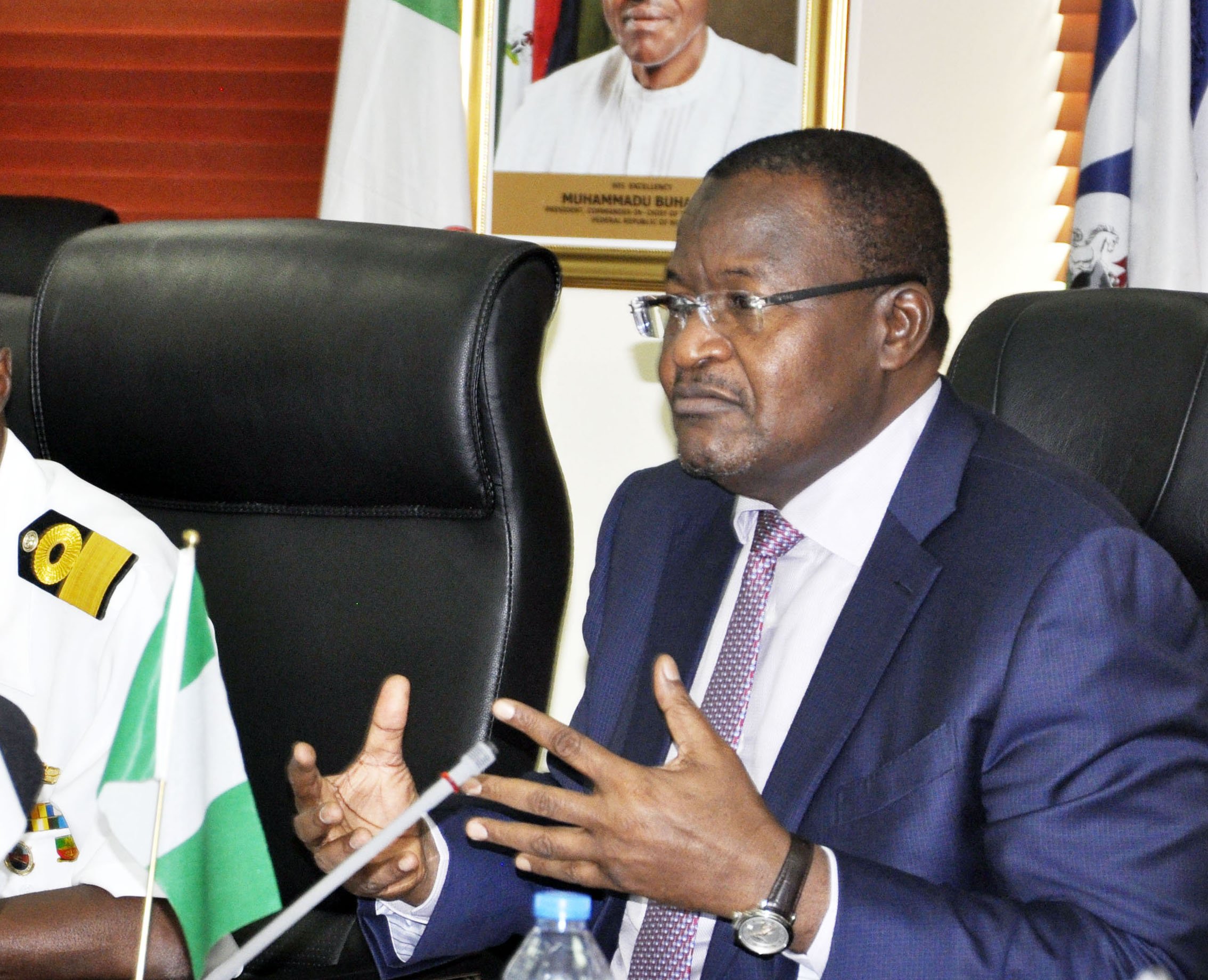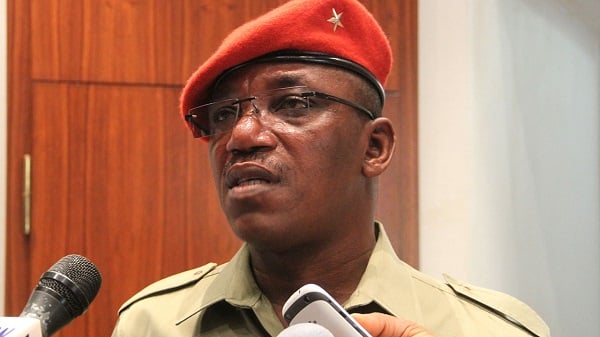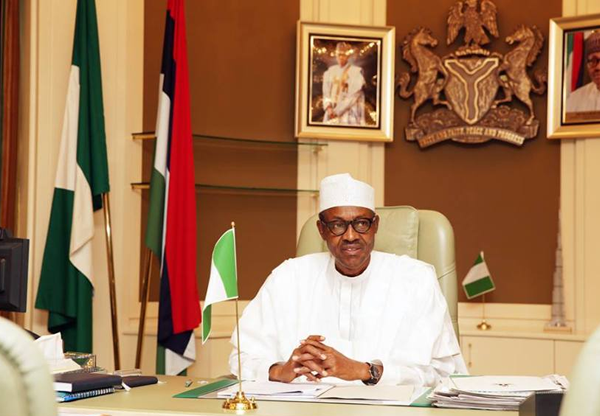Vice-President Yemi Osinbajo says majority of those who went for hajj this year are farmers.
Hajj, one of the five pillars of Islam, is a pilgrimage to Mecca. All Muslims are expected to make at least once during their lifetime if they can afford to do so.
In an interview with Zain Asher, a CNN journalist, the vice-president said farmers could afford the trip because those in the rural communities “are doing so much better.”
He said prosperity is returning to communities in Kebbi, Zamfara and Jigawa among other states.
Advertisement
“As a matter of fact, this year, the vast majority of those who went on hajj were farmers because they are earning significantly more,” Osinbajo said.
“In a lot of communities where agriculture has taken root, take Kebbi state, take Zamfara state, take Jigawa and several of the other states, you will find that prosperity is returning to those places. We recently opened the largest rice milling plant in Kebbi state a couple of weeks ago.
“Now that milling plant needs 50,000 farmers to satisfy it. Already Kebbi state is struggling to be able to produce that number of farmers and there are several other areas where we are getting those kinds of significant results.
Advertisement
“The rural areas, where you have the poorest communities. But what we are experiencing today is that those rural areas are coming up and they are doing so much better.”
He said the country was already exporting agricultural produce to neighbouring countries.
“Let me say for agriculture, you know, and it is interesting that a lot of export is taking place in agriculture already. You’ll find that a lot of Nigerian grain moves to the North, out of the Niger, Mali, and those places, there is a lot of export going on, especially grain, loads and loads of trucks are moving on to the markets in those neighbourhoods,” he said.
“We are also experiencing a lot of exports into West Africa. What we need to do is more value added exports, which is really where a lot of the profit is going to lie and we are working on that. And part of what we are doing for the NEPC, that is the Export Promotion Council, and the NIPC, and several other of our agencies, is standardising those products.
Advertisement
“We’ve got quite a few investors, for instance, there are investors in vegetable and fruits, bananas, pineapples and all of that, who are already doing excellent packaging for export. But what you find, one of the things that you will discover is that, a Mexican investor in bananas and pineapples and he is in 11 states already.
“But what he was saying to us is, look, the local market is so large, so huge, that I don’t need to export at this point. Just satisfy the local market, it’s huge.”
Add a comment







